Swiss pioneer return of dictator funds
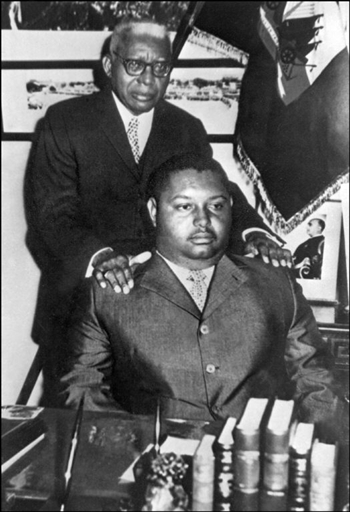
With its new draft law and track record, Switzerland can claim to be a world leader in the return of illicit dictator funds, a top Swiss official tells swissinfo.ch.
Valentin Zellweger, the new head of international law at the Swiss foreign ministry, met international reporters in Geneva on Wednesday to discuss a new draft law to help return ill-gotten gains deposited in Swiss banks.
Over the past 15 years Switzerland has returned over SFr1.7 billion ($1.57 billion) misappropriated and deposited in Swiss banks by “politically exposed persons” – half the amount restituted globally, according to Zellweger.
swissinfo.ch: How will the new bill simplify the freezing and confiscation of illicit dictator assets in Swiss banks and their return to the rightful authorities of the country?
Valentin Zellweger: The aim of the law is not to simplify procedures but to complement them. At the heart of the new law is the possibility to confiscate without ongoing [criminal] proceedings in the other country.
We are proceeding on the basis of very clear assumptions. If, for example, an exorbitant increase in the fortune of a politically exposed person can be proven and if the country in question is known for being prone to corrupt practices, we can ask the person to prove the legal origins of the funds.
swissinfo.ch: Why has it taken Switzerland so long to come up with such a new law?
V.Z.: We have laws in place that have teeth, but we are increasingly dealing with the phenomenon of failed states that can’t contribute actively to mutual legal assistance – which is still the basis of any restitution of stolen funds. This law was foreseen to deal with this new phenomenon.
As we are the first country with such a law, I don’t think you can really ask why has it taken so long. Other countries are all observing what Switzerland is doing in this respect, but none are moving to my knowledge.
swissinfo.ch: How damaging have the Mobutu and Duvalier affairs been for Switzerland?
V.Z.: It’s difficult to assess. We just don’t want any more of these kind of cases.
We couldn’t solve either of these cases, as the respective governments didn’t want to actively assist us in restituting the funds or because they were not in a position to do so given the weaknesses of their institutions, so the aim of the new law is to avoid that and restitute funds to the concerned populations.
swissinfo.ch: Even with a tougher new law, how can you be sure Swiss banks are not havens for dictators and their ill-gotten fortunes?
V.Z.: No country can be sure of that. We are seventh in the world ranking of financial centres, but number one in the restitution of funds. We can say that Switzerland is a leader in this area. But nobody can be sure, so that’s why we are promulgating this new law.
Over recent years we have put in place very tight [money-laundering] legislation, which has proven its strength; we now have a lot fewer cases.
Financial intermediaries are bound to be very watchful when receiving funds and must have precise knowledge of who is behind the money. And if they detect any dubious movements, they have to alert the authorities.
There was an international study recently into the easiest countries to open a bank account; Switzerland was certainly not among the easiest. This is proof that the system in place works.
swissinfo.ch: Some Swiss NGOs say the new law still has serious weaknesses and that it should apply even in the absence of a request for judicial cooperation from the country concerned. They also call for better monitoring of restituted funds. What is your position?
V.Z.: We have had criticism that the law doesn’t go far enough and we have also had the opposite criticism that the law goes too far. I think we are really in the middle and have chosen the right path.
We require mutual legal assistance, because if you don’t there is absolutely no incentive for a victim country to submit a request. They will say, ‘Switzerland does all the work, so why should we move?’ and then if we don’t move they will say, ‘Switzerland didn’t do anything’.
The aim is to continue on the basis of a well-proven system with a track record: mutual legal assistance. We have no interest in undermining the existing system, we want to complement it.
We share the views of civil society that monitoring is absolutely crucial and we are confident that the system we put in place will perform well. But it will also provide tailor-made solutions; we didn’t want a one-size-fits-all solution that is difficult to implement.
swissinfo.ch: Can the new law be applied for the case of $5.7 million Duvalier funds still blocked in Switzerland?
V.Z: It’s difficult to foresee, as the law passes before parliament this summer and autumn. But if it can be applied to the Duvalier funds, I think the government will attempt to do so.
Simon Bradley, swissinfo.ch
The need for a change in Swiss law became evident in connection with Swiss accounts held by the former president of Zaire, Mobutu Sese Seko, and the Duvalier family of Haiti.
The law will allow the Federal Administrative Court to confiscate frozen assets that have been illicitly acquired if the home country fails to institute proceedings. These assets would then be used to finance programmes to benefit the population there.
Under the new law the onus will lie with the depositor to prove the legal origin of the funds, rather than with the plaintiff to prove that they were stolen
If the new law is accepted by parliament and in a public referendum this year, it could enter into effect at the beginning of 2011 at the earliest.
Marcos, Philippines (1986 – 2003): $684 million returned to country
Abacha, Nigeria (1999-2005): $700 million returned to country
Montesinos, Peru (2002-2006): $92 million returned to country
Angolagate, Angola (2000-2005): $21 returned to country
Kazakhstan (1999-2007): $84 million ($60 million still frozen)
Salinas, Mexico (1996-2008): $74 million returned to country
Mobutu, Congo (1997-2009): $6.7 million returned to Mobutu’s heirs.
Duvalier, Haiti (1986-2010): $5.7 million still frozen

In compliance with the JTI standards
More: SWI swissinfo.ch certified by the Journalism Trust Initiative

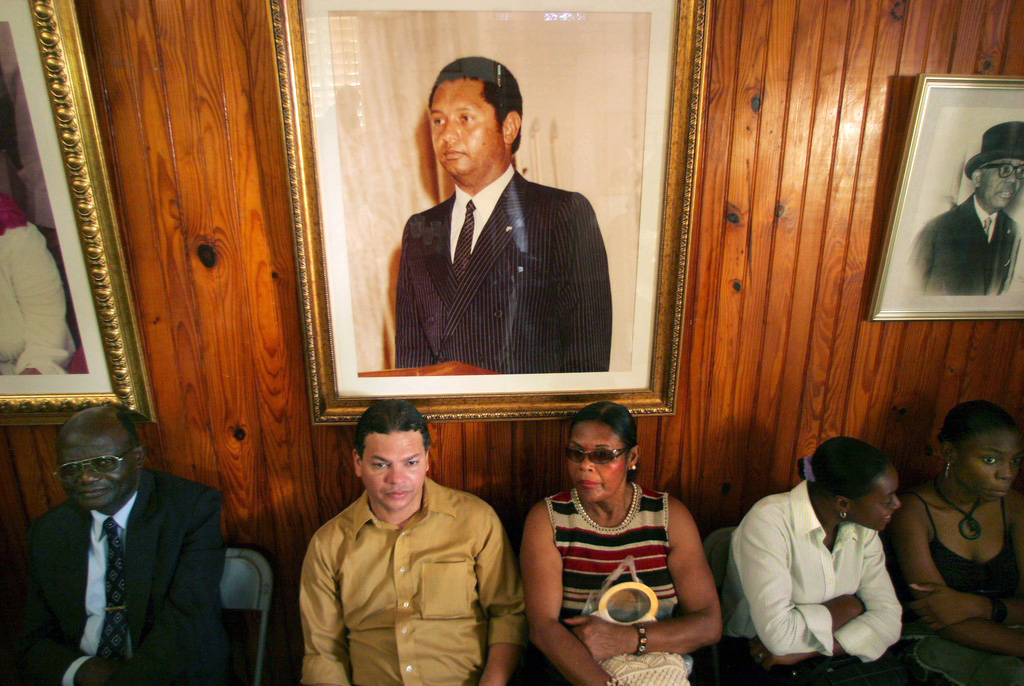
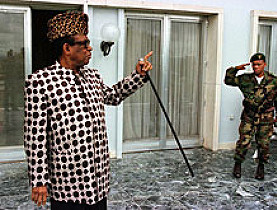
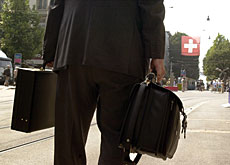
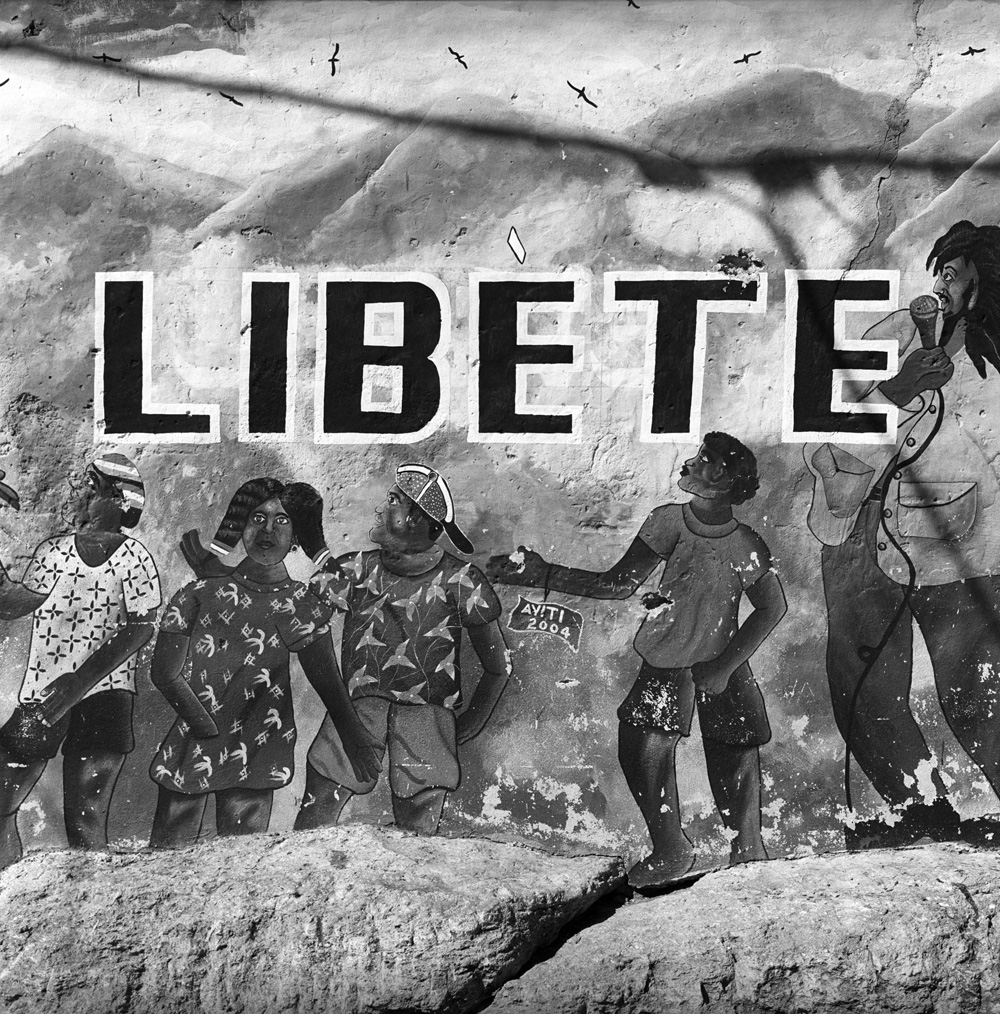
You can find an overview of ongoing debates with our journalists here. Please join us!
If you want to start a conversation about a topic raised in this article or want to report factual errors, email us at english@swissinfo.ch.